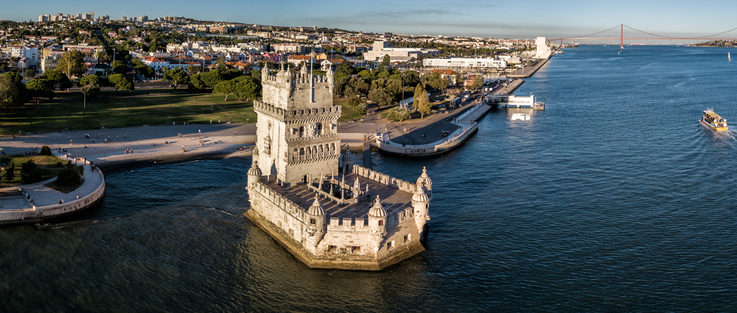
Lisbon, Portugal is adding ten all-electric ferries to its public transport system for use on key routes across the capital’s Tagus river. The ferries will replace the existing fleet between the years 2022 and 2024
The new 40-meter long ferries will have a service speed of 16 knots and a maximum speed of 17 knots, and will be powered by battery packs with a total capacity of 1,860-kWh each. ABB will provide a fully integrated electric power solution and an integrated marine and propulsion automation system, along with the battery pack for the debut vessel.
“Cutting greenhouse gas emissions are top priorities in urban planning. Today, the technologies chosen for fast ferries operating so close to the heart of the city must be clean and green, as well as proven in terms of safety and reliability,” said Antonio Pacheco, of the ferry shipbuilder, Astilleros Gondán. “ABB has been selected both on the grounds of energy-efficiency and its extensive experience in delivering all-electric and hybrid propulsion solutions to the ferry market.”
The new electric fleet is an important part of Portugal’s goal to achieve carbon neutrality by the year 2050 – with its transport sector aiming to achieve a 98 per cent reduction in greenhouse gas emissions compared to 2005. ABB estimates that replacing the 10 diesel powered ferries currently operating on the Tagus river with the all-electric integrated power solution should cut about 6,500 tons in CO2 emissions every year. This is equivalent to the annual carbon dioxide emissions generated by around 1,400 passenger cars annually.
“Operators serving inland waters have been among the pioneers of zero-emission propulsion, and we are truly honoured that ABB’s technology will support the sustainability goals of one of Europe’s great capitals,” said Juha Koskela, division president, ABB marine and ports. “This project is another important industry milestone for zero-emission propulsion, showing that proven technology is available today to serve future needs on sustainable fast passenger ferry transport.”